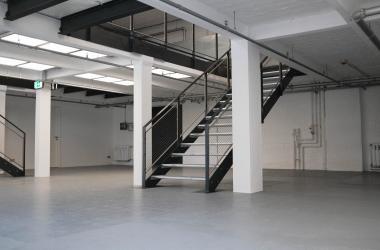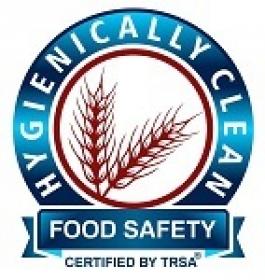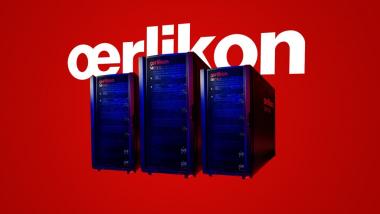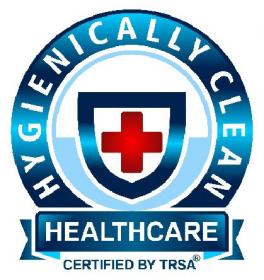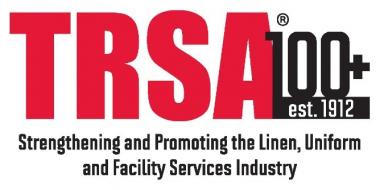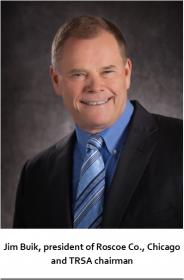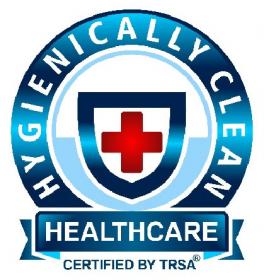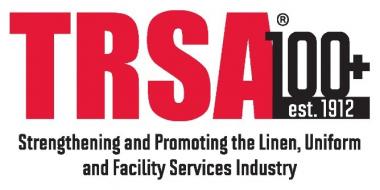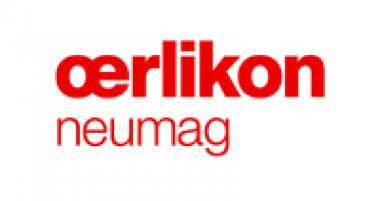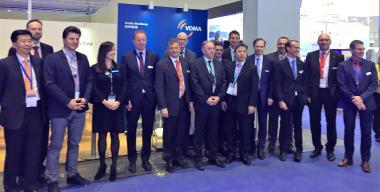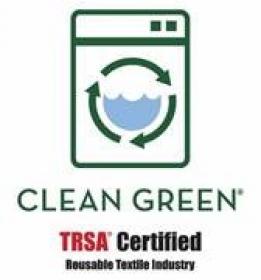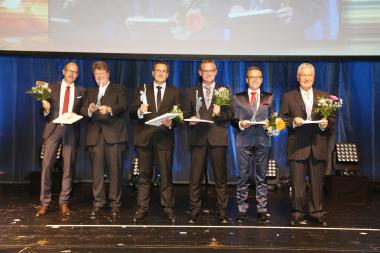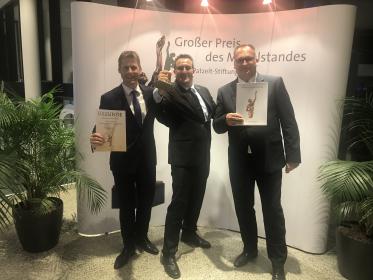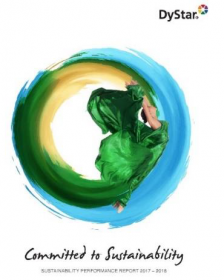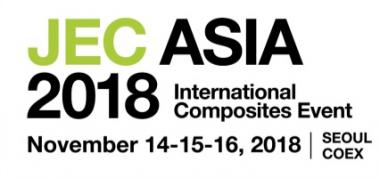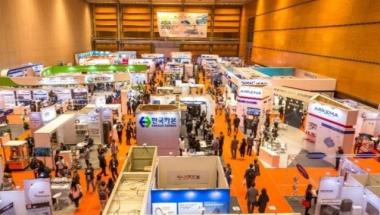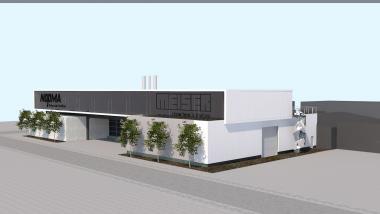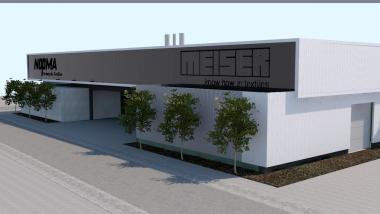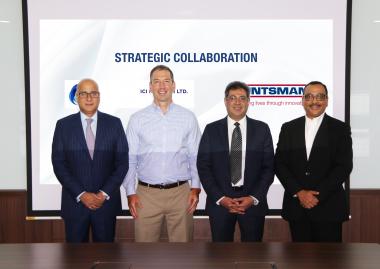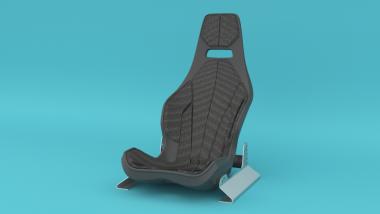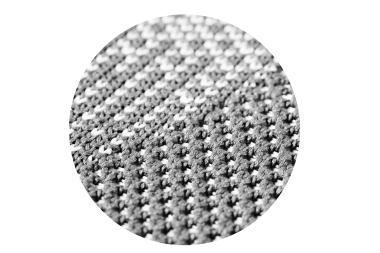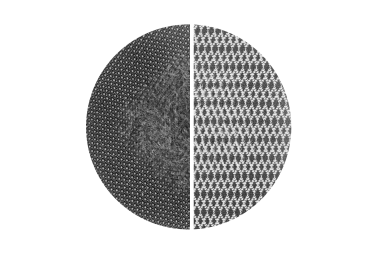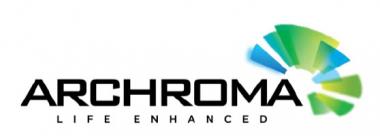SEEK unites to trade with love.
A constantly evolving market and new global challenges ask for exciting concepts that unite the most forward-thinking players of the industry. For the show in January 2019, SEEK enters the next level with its TRADE UNION concept.
“At SEEK, we always look for new strategies to meet the demands of our valued buyers and brands”, explains SEEK Director Maren Wiebus. “Within that community spirit, TRADE UNION was created to enhance business opportunities for both sides. Moving away from a classic competitive model, SEEK’s TRADE UNION is about defining goals collaboratively – and achieving them together.”
SEEK’s 10th Anniversary marks an important moment not just for the event itself, but also for the TRADE UNION movement: with further development and relocation into the foyer of Arena Berlin, which highlights and strengthens this cooperative approach. Relevant buyers will be provided with special services and be able to reach an even more targeted brand audience what makes all parties benefit from this individual concept.
With his distribution agency Haptiques Felix Engelmann supports the TRADE UNION idea from the beginning and emphasizes the time saving aspect: “The few days in Berlin are always very important for my company so that I aim to max the business days as much as possible. The SEEK team is very empathic about the market needs and already started talking about the new concept inside of SEEK several seasons ago. We are looking forward to work with our partners and colleagues in an extra space where we are able to value the time and make the life of buyers, press and brands easier.”
And Engelmann is not the only fan of this concept that Wiebus and team developed together with their long-term partners.
''The TRADE UNION is a fantastic concept aimed at giving brands with a true heritage an opportunity to sit together in one personal space. We feel that this will give our brands an opportunity to be shown in the best light possible, within a relaxed environment,” explains Joe Sharpe, Sales Director at Options. “We’re excited to be a part of the Trade Union and looking forward to seeing existing and potential clients in January.





